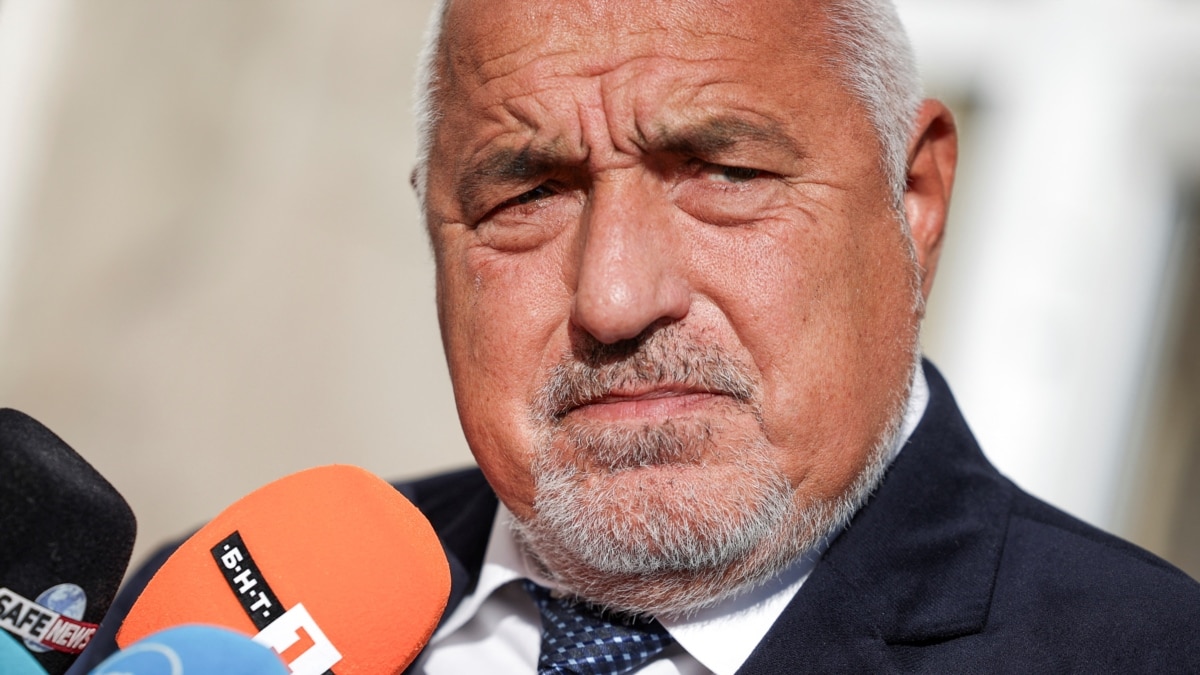TBILISI — Georgian President Salome Zurabishvili has refused to comply with a summons from state prosecutors demanding evidence to back up statements of electoral fraud linked to last weekend’s parliamentary elections.
Speaking at a news conference just hours after the Prosecutor-General’s Office summoned her on October 30, Zurabishvili admonished the state’s attorneys, telling them to focus on their duties rather than engaging in a political vendetta.
“I would advise the prosecutor’s office to start its work and avoid political retribution against the president. Moreover, our partners are watching whether the prosecutor’s office can be independent and impartial,” Zurabishvili said, adding that she intends to continue carrying out her duties without reporting to the prosecutor’s office.
The political climate in Georgia has become increasingly tense following accusations by Zurabishvili, opposition activists, and many Georgians — tens of thousands of whom flooded the streets of Tbilisi on October 28 to protest results — the increasingly authoritarian Georgian Dream party declared victory with nearly 54 percent of the vote — they said were rigged.
International election monitors said the polls were spoiled by “an uneven playing field, pressure, and tension,” while U.S. President Joe Biden late on October 29 voiced deep concern over Georgia’s democratic regress and urged a transparent investigation into the voting-fraud allegations.
Opposition parties, meanwhile, have called for a new vote to be conducted under international supervision, citing a lack of transparency in the October 26 balloting.
Zurabishvili noted the prosecutors’ summons “strangely coincided” with comments from Dmitry Medvedev, the deputy chairman of the Russian Security Council, who suggested on social media that the Georgian president should be “removed from office and arrested.”
“I appeal to the prosecutor’s office: you are accountable to the people, and the public demands an immediate investigation, not my evidence. No one expects the prosecutor’s office to initiate obvious political processes against the president in this situation,” she said.
Election observers also decried recorded instances of vote buying, double voting, physical violence, and intimidation.
The Prosecutor-General’s Office said in a statement that the probe had been opened after Zurabishvili declared that the election was marred by violations and refused to accept the results.
WATCH: President Salome Zurabishvili said Georgia’s European and Western partners need to exert “extreme pressure” on authorities over what she called the “stolen election” of October 26.
“President Salome Zurabishvili must have evidence of possible falsification of the 2024 parliamentary elections, in connection with which, in accordance with the procedure established by law, [she] was invited for questioning on October 31,” the statement said.
The statement pledges to carry out “all necessary investigative and procedural actions, as indicated in the appeal by the Central Election Commission, as well as with the aim of studying the accusations voiced by the President of Georgia, the representatives of individual political parties, and the observer missions.
“As part of the investigation, all persons who may have information about the alleged criminal facts will be questioned,” it said, adding that “the prosecutor’s office will periodically inform the public about the results of the investigation.”
During her briefing, Zurabishvili presented videos that she said showed the alleged violations.
The video footage showed alleged cases of the secrecy of voting being violated, as well as cases of violence at polling stations.
“Yes, there are live shots and you have all seen them, they were widely spread. These are the shots that need no explanation as they directly show what happened and how the elections were held on October 26,” Zurabishvili said.
“It turns out that the prosecutor’s office is waiting for evidence from me. As far as I know it should work the other way around — the investigative bodies had to collect the evidence themselves. I have never heard that an investigative agency asked a president for evidence during the elections.”
She added that the Prosecutor’s Office is accountable to the people and that “society demands an immediate investigation from you, not my evidence.”
The elections were held after Georgian Dream earlier this year forced a controversial “foreign influence” law similar to Russia’s “foreign agent” law through parliament, despite an opposition boycott and months of mass protests that were at times violently suppressed. Legislation curbing LGBT rights was also passed last month.
Zurabishvili, who has been at odds with Georgian Dream but has limited powers under the Georgian Constitution, called on the West in an interview with RFE/RL on October 29 to put pressure on Tbilisi to keep the country on a Western path.
She had previously refused to sign off on the “foreign influence” bill and rejected the LGBT measures, moves that were overridden by Georgian Dream based on their control of parliament.
In recent years, Georgian Dream began to gradually turn the Caucasus country away from the West, despite the country gaining EU candidate status in December 2023.
Following growing international pressure, Georgia’s Central Electoral Commission said on October 29 that it would recount ballots at five randomly selected polling stations in each of Georgia’s 84 electoral districts.
